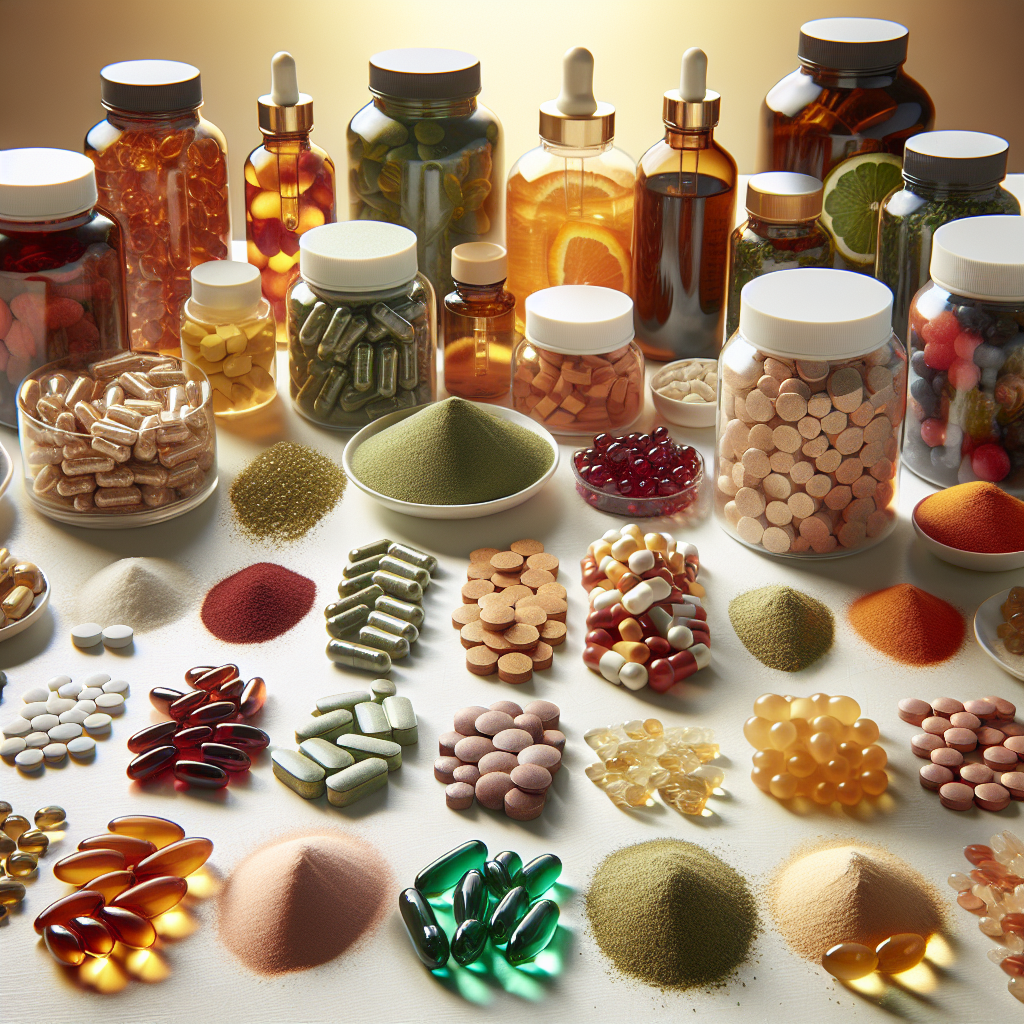In the pursuit of optimal health, the interplay between diet, medication, and the body’s complex biochemical processes is a subject of great interest and study. One area that has garnered significant attention is the role antioxidants play in medication efficacy. This article delves into the intricate relationship between these powerful compounds and the drugs prescribed to prevent and treat various health conditions.
Understanding Antioxidants
Antioxidants are molecules that inhibit the oxidation of other molecules. Oxidation is a chemical reaction that can produce free radicals, leading to chain reactions that may damage cells. Antioxidants, found in many foods and also available as dietary supplements, can neutralize free radicals and are thus critical in maintaining health.
The body naturally produces some antioxidants, while others are obtained through the diet. Common antioxidants include vitamins A, C, and E, selenium, and compounds found in plants like flavonoids and polyphenols. Foods rich in antioxidants include fruits, vegetables, nuts, and whole grains.
Antioxidants and Medication Interactions
Research has shown that antioxidants can influence the pharmacokinetics and pharmacodynamics of medications, which are the ways drugs move through and act in the body, respectively. Antioxidants can affect how quickly a drug is metabolized and how effectively it performs its intended function.
Enhancing Drug Efficacy
In some cases, antioxidants can enhance the action of medications. For example, the antioxidant properties of vitamin C may boost the effectiveness of certain chemotherapy drugs by protecting healthy cells from oxidative stress while allowing the drug to target cancer cells more effectively. For more insights into how diet can impact medication efficacy, explore The Role of Diet and Nutrition in Medication Efficacy.
Reducing Side Effects
Antioxidants may also play a role in minimizing the side effects of drugs. By mitigating oxidative stress, antioxidants can protect against damage to healthy cells caused by medications, particularly those used in cancer treatment. This protective effect can lead to better patient outcomes and improved quality of life during treatment. For those interested in learning more about the protective roles of specific compounds, The Significance of Drug Formulations in Medication Efficacy provides additional context.
Interference with Drug Function
Conversely, certain antioxidants may interfere with the mechanism of action of some drugs. For instance, high doses of vitamin E may reduce the effectiveness of radiation therapy and some chemotherapy treatments by protecting cancer cells from oxidative damage. It is essential to understand these interactions to avoid diminishing the therapeutic effects of medications.
For a broader understanding of how dietary supplements interact with medications, consider reading Identifying and Managing Supplement-Drug Interactions, which offers a comprehensive overview of this complex topic.
External Resources Supporting Antioxidant Research
Several high-quality resources delve into the specifics of antioxidants in relation to medication efficacy:
- Antioxidant Research Society provides a platform for scientists and clinicians to share the latest research on antioxidants, free radicals, and their impact on health and disease.
- Linus Pauling Institute’s Micronutrient Information Center offers detailed information on micronutrients, phytochemicals, and antioxidants, including their health effects and interactions with medications.
- National Cancer Institute’s Page on Antioxidants and Cancer Prevention provides insights into the current understanding of antioxidants’ role in cancer prevention and treatment.
Practical Considerations for Patients and Healthcare Providers
When it comes to integrating antioxidants with medication regimens, both patients and healthcare providers must be vigilant. It is crucial to evaluate the potential benefits and risks associated with antioxidant use during treatment.
For Patients:
- Consult with healthcare providers before adding antioxidant supplements to your regimen, especially if you are undergoing treatment for chronic diseases like cancer.
- Discuss any dietary changes that may affect your medication, as even natural food sources of antioxidants can interact with drugs.
For Healthcare Providers:
- Stay informed about the latest research on antioxidants and medication interactions to provide accurate guidance to patients.
- Consider the potential need for dosage adjustments or the timing of antioxidant intake to optimize medication efficacy.
Conclusion
Antioxidants play a complex role in medication efficacy, with the potential to both enhance and interfere with drug function. Understanding these interactions is vital for the safe and effective use of medications. By considering the latest research and consulting with healthcare professionals, patients can make informed decisions about incorporating antioxidants into their health regimen. As the field of pharmacology continues to evolve, the nuanced role of antioxidants will undoubtedly become clearer, helping to guide therapeutic strategies and improve patient outcomes.



